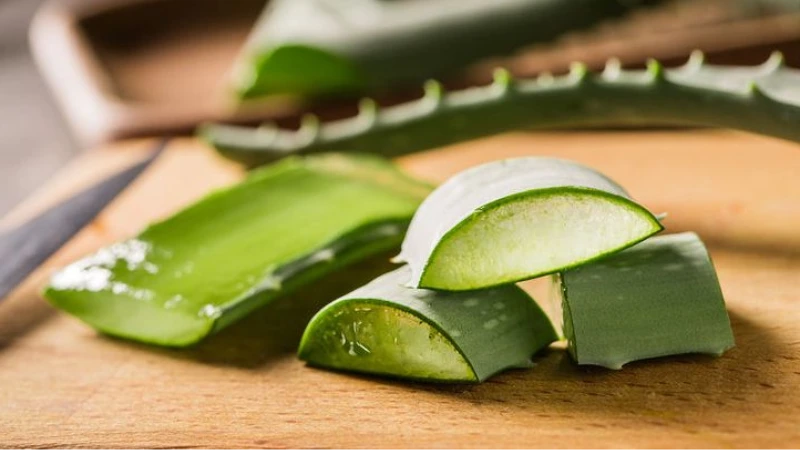
If you're an athlete, a kidney failure patient, or just want to boost your health, aloe can benefit you in a variety of ways. Aloe has anti-inflammatory and antioxidant properties, as well as vitamins, enzymes, and minerals, making it an excellent addition to your diet. In fact, it can be used to treat chronic and acute wounds as well as kidney failure.
A person with kidney disorders may be adversely affected by taking aloe orally because it may lower serum potassium levels, as well as serum urea levels. Digoxin and aloe should not be taken together unless your health care provider recommends it, since it may cause potassium levels to fall too low, which may increase digoxin's side effects.

When aloe was administered to mice with induced diabetic conditions, their blood sugar levels decreased. Aloe's anti-inflammatory and antioxidant properties likely played a role in this.
Due to its laxative properties, aloe may also improve bowel irregularities. The laxative properties of aloe may interfere with the liver's ability to remove toxins and wastes from the body. As a result, aloe may interfere with the body's natural detoxification process.
If you are taking diuretics or pregnant, you should avoid aloe because it can cause a high level of urea or creatinine in the body.
Aloe may interfere with the absorption of drugs when taken during pregnancy or while taking other medications. Consult your healthcare provider before taking aloe.

Although limited evidence supports aloe's effects on the kidneys, it is still important to use aloe carefully because it can be toxic in high doses or over long periods of time, and may increase cancer risks.
Aloe's antimicrobial, anti-inflammatory, and antioxidant properties may help prevent kidney stones, as well as treat acute wounds and kidney infections.
Taking aloe orally can also help reduce the risk of heart attacks and strokes. Its antioxidant properties help fight free radicals, which can damage blood vessels. It is also effective in dissolving kidney stones. Despite this, it is not recommended for pregnant women, people with kidney problems, or those taking digoxin.
Prior to surgery, you should not take aloe for more than two weeks. Consult your health care provider first.


